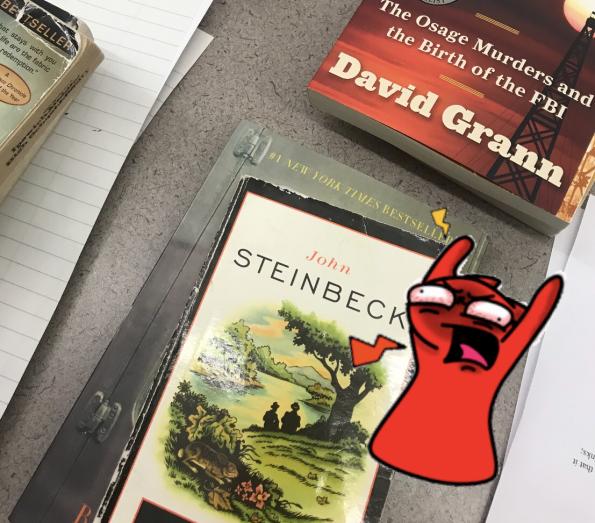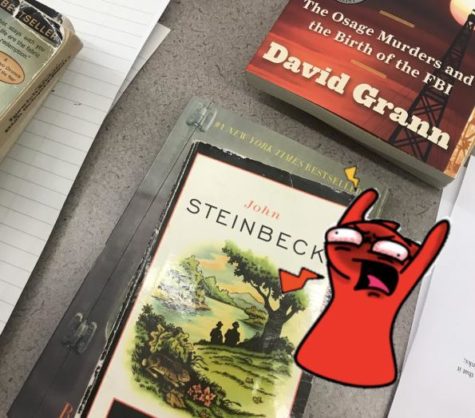How Are Classes Unrelated to Your Future Major or Career Still Useful?

April 4, 2022
Whether you intend on becoming a professional singer or a mathematician, every student has been in a class that feels pointless to them in regard to their futures. History lovers might be frustrated with why knowing biology is required, and aspiring artists might be annoyed that they’re required to take four years of mathematics instead of practicing their skills. So why is it important to take these classes when you already have an idea of what you want to do in the future?
If you were to ask a random student why these classes are required, they would most likely tell you that it is so that they’re “well rounded,” but there are other reasons as well according to John Horgan of Scientific American. Horgan says that most of the freshman students he teaches at Stevens Institute of Technology would skip the course if it weren’t required. Most students at a technical college would obviously prefer to take math and science courses, being drawn to “facts, answers, knowledge, and truth.” However, Horgan says that it is important to learn humanities to gain a better understanding of “uncertainty, doubt, and skepticism.” It is important to see both sides of the world, from a factual standpoint and a literary one.
Bruce Mabbott, a statistics teacher at Ipswich High School, can definitely see from both sides of the argument. “I was definitely more of a logical-type student who definitely fit more into the math/science type. I really enjoyed taking history and geography courses. English courses or ELA courses, personally I wasn’t a huge fan of.” When asked about having more choices and options for what courses you are required to take in college, Mr. Mabbot responded, “Well, in the UK you actually don’t have more options. My undergrad was in civil engineering, so essentially I took four years of math and engineering courses.” This sort of school setup sounds ideal for those who generally prefer STEM courses over humanities courses. However, Mr. Mabbott brings up a very good point about the importance of humanities courses for STEM students. “In science, you’re going to be reading texts and you’re going to be reading work, and you have to be able to interpret it. You have to be able to write papers and publish papers, so you need to know how to write properly.”
From a more artistic point of view, Morgan Marshall, a senior at Ipswich High School, gives their point of view on STEM classes as an artist. Morgan is going to be majoring in Illustration at Montserrat College of Art. When asked how often school assignments unrelated to their future major kept them away from the arts, Morgan’s reply was, “Most of the time. Most of the work I do is busywork that I probably won’t ever need in the future.” I asked Morgan what they thought the benefits of a STEM major taking art courses were, and vice versa. Their response was, “It depends on what you’re going for because there’s a lot of different options you need. If you’re going for graphic design then you might want to take a math class, to understand geometry and everything, shapes obviously, and what shapes go together. But with the sciences, it’s more difficult because you don’t really need to know about things like Earth and space if you’re taking an anatomy class.”
As frustrating and time-consuming as some classes can be, most people agree that classes unrelated to your future career/major are important in some ways. Those majoring in math-based fields can still agree that it’s important to understand grammar to be able to write papers, and it’s important for all students to have a basic understanding of math so they can do taxes and budget their money correctly.

